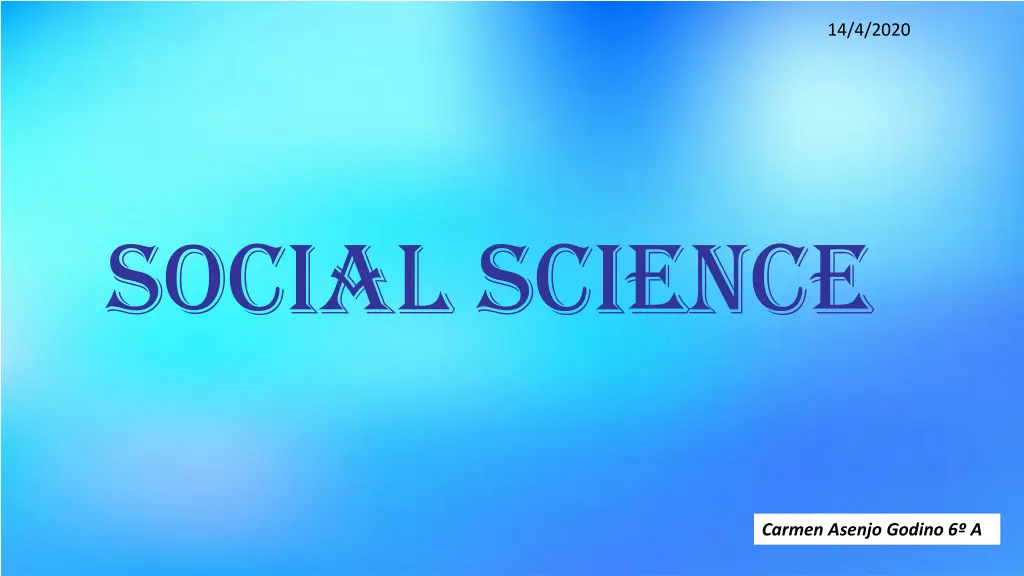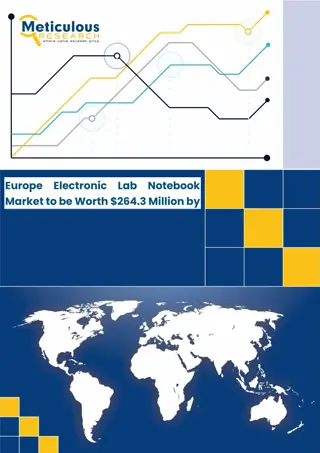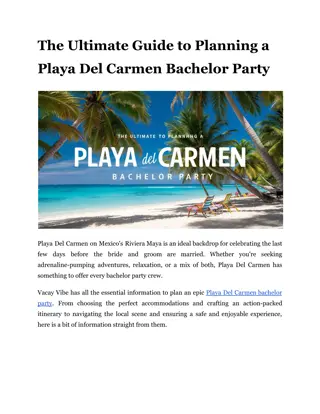
Spanish Political Education and Women's Rights
Explore the political education system in Spain, the significance of the 1978 Constitution, and the evolution of women's rights post-dictatorship. Learn about key political figures, voting rights, and the role of the monarchy in Spain's governance. Delve into the rights women gained after 1978 and the ongoing fight for gender equality.
Download Presentation

Please find below an Image/Link to download the presentation.
The content on the website is provided AS IS for your information and personal use only. It may not be sold, licensed, or shared on other websites without obtaining consent from the author. If you encounter any issues during the download, it is possible that the publisher has removed the file from their server.
You are allowed to download the files provided on this website for personal or commercial use, subject to the condition that they are used lawfully. All files are the property of their respective owners.
The content on the website is provided AS IS for your information and personal use only. It may not be sold, licensed, or shared on other websites without obtaining consent from the author.
E N D
Presentation Transcript
14/4/2020 Social Science Carmen Asenjo Godino 6 A C1 Public
UNIT: 3 Spanish Political Organisation 14/4/2020 C1 Public
14/4/2020 Let Let s begin s begin 1. Can you name the current Prime Minister of Spain? When did he or she become Prime Minister? - The Prime Minister of Spain is called Pedro S nchez. - He become Prime Minister in June 2018. 2. The Prime Minister chooses Ministers to help from the government. List any ministerial departments you know. -Minister of education -Minister of work -Minister of health 3. The 1978 Constitution states many rights in Spain. Discuss the different rights you can see in the two photos. Why do you think these rights are in the Constitution ? -In the big photo is education and in the small photo is health -I think that this rights are in the Constitution because with out education, you will not have a work and if you don t have work and money you can t live; and with out health you can have problems and you can die. 4. Who can vote in Spain? Is voting obligatory? -In Spain, only people over eighteen can vote. -In Spain vote is not obligatory. In Spain vote is a right and an obligation C1 Public
Reflect Reflect 14/4/2020 1. In the previous unit, you learnt there was a new Constitution in 1978. Do research to find the answers to the following questions. a) Who wrote the Constitution? Gabriel Cisneros Laborda and Miguel Herrero wrote the Constitution. And Gabriel Cisneros (UCD), Miguel Herrero y Rodr guez de Mi n (UCD), Manuel Fraga (AP), Gregorio Peces-Barba (PSOE), Miguel Roca (Minor a Catalana) and Jordi Sol Tura (PSUC) b) Which Political parties did they belong to? They belong to PP. c) What does Section 14 of the Constitution say? Says that the Spanish are equal before the law. d) When did the Spanish people vote on the Constitution? Every four years. 6 December 1978 (27 December) e) When did King Juan Carlos I sing the Constitution? In 1978. 2. Do you think a Constitution is a good idea? Give some reasons . I think that a Constitution is a good idea because it give rights that we need and because if we don t have that rights we would be unprotected. 3. Read the sentences below. Decide if they are true or false. a) In Spain, only men can vote when they are 18. False All citizens over 18 can vote. b) There are general elections every four years. True c) The King chooses the goverment in Spain. False d) The Constitution of 1978 states that Spain is a decomcrazy. True The people choose the government. C1 Public
4. Copy and complete the sentences. 14/4/2020 a) Spain is a parliamentary monarchy. b) The Prime Minister is the Head of Goverment. (child) c) The king is the Head of State. d) The Spanish monarchy is hereditary. This means the son/ daughter of the King or Queen is heir to the throne. Monarch 5. After the 1978 Costitution, women gained many rights that they did not have during the dictatorship. In, do research on the rights of women in Spain. Use the words in the box to help you think and research. a) What right did the women have before 1978? They didn t have rights because they were depending of men. b) What rights do women have today? They have freedom to choose clothing, they can have employement, they can vote, they can divorce, they can have a bank account, they can be on goverment positions and be on armed forces. c) What rights do you think people still fight for today? Fighting for gender equality and against gender violence. C1 Public
Pag 46-47 The Costitution of 1978 16/4/2020 1. What are the three oficial languages in Spain? How many of them do you speak? - The three oficial languages in Spain are Spanish Catan and Basque . - I only speak Spanish. Galician and Valencian 2. These words appear in the Constitution . What do they mean? - Liberty: Liberty is that people have freedom to say and do what they want. - Justice: Justice is that for example when someone do something bad then they would have they will have a punishment. - Equality: Equality is to value everyone the same. Use of fair laws Pag 47 In Spain, the government is formed when citizens over 18 vote in elections. The party with the most votes wins the elections. The people of the nation choose the party that will govern. 4. How is a democratic goverment formed in Spain? The Constitution define the democratic goverment and people vote every four years. 5. How does the role of Parliament differ from the role of the Spanish Monarch? Parliament is responsible for making and approving laws whereas the Spanish monarch are the Head of State. C1 Public
The Constitution was written by seven people from different Political parties. It was accepted on 6 December 1978. The Constitution is the foundation of democracy. 16/4/2020 The Constitution of 1978 The Spanish monarchy Spain is a parliamentary monachy, so the King or the queen is the Head of State. Parliament makes and approves laws. King Felipe VI doesn t make any laws, he represents Spain in international relations. He s also commander in chief of the Spanish Armed Forces. The first male firstborn child is the heir to the throne, but the Contitution also permits a female heir if she don t have any brothers so the heir to throne is the Princess of Asturias, Leonor. The Constitution s values are freedom, justice and equality. It also covers the rights and responsibilities of Spanish citizies. The Constitution defines Spain as a: democratic state territorially decentralished state parliamentary monarchy The Constitution also defines the national flag that has two red stripes and one yellow. The oficial language of Spain is Spanish but the Constitution also recognise other languages of some autonomus comunities. The Constitution says that all citizens are equal and protecs people from discrimination. Elections In a democracy, citizens vote to help national and local goverments. Only Spanish citizens aged 18 and older have the right to vote. The elections are every four years. Before have elections politics campaingn. People vote by secret ballot. The Paty with the most votes win. Rights and responsibilities All Spanish citizies have rights and responsabilities - A right is something that a person is allowed to do. - A responsability is an obligation to do something. C1 Public
Pag 48 20/4/2020 DIVISION OF POWER JUDICIAL POWER EXECUTIVE POWER LEGISLATIVE POWER Government Constitutional Court Congress Supreme Court Senate Prime Minister deputies senators judges and magistrates Ministers C1 Public
Pag 48 Names of Ministers and their Ministers - Carmen Calvo Justice - Pablo Iglesias Equality - Nadia Calvi o Economy and business - Teresa Ribera Ecological Transition and the Demographic Challenge - Mar a Jes s Montero Estate - Isabel Cela Education - Pedro Duque Science - Jos Luis balos Transport, movility and urban agenda. - Fernando Grande-Marlaska Inside - Reyes Maroto Industry - Arancha Gonz lez Laya Foreing - Margarita Robles Defense - Jos Luis Escriv Social Security, Inclusion and Migrations - Luis Planas Agriculture, fishing and food - Salvador Illa Health - Alberto Garz n Consumption - Irene Montero Equality - Yolanda D az Work - Manuel Castells Universities - Carolina Darias territorial policy 20/4/2020 Jos Manuel Rodrigez Uribes Alberto Garz n C1 Public
Pag 52 22/4/2020 REVIEW 1. Copy and complete the table with the word in the box. Executive power Legislative power Judicial power Parliament : Senate and Congress of Deputies. Prime Minister and the Ministers Judges and magistrates They make decisions about domestic and foreing policity. They ensure that laws are obeyed. They develop and vote on laws. 3. Put these steps of Spain s national elections in correct order. a) The members of Congress choose the Prime Minister. 4 b) Political parties campaing. e) The party with the most votes wins. d) Citizens vote by secrect ballot. 1 3 2 e) The Prime Minister chooses Miniters to help run the goverment. 5 C1 Public
Pag 52 22/4/2020 4. Look at Spain s coat of arms and answer the following question. Do research to find the you do not know. a) The coat of arm has the Spanish national motto, Plus Ultra. What does this mean in Latin? It means further beyond. b) Which Spanish monarch had this same motto? Carlos I Charles I c) The ribonn on coat of arms is wrapped around two pillars. What are they? Pillars of Hercules. d) What is the relationship between the motto and the two pillars? That both are part of the coat of arms. The Pillars of Hercules was the high land in the Strait of Gibraltar (one in Gibraltar and the other possibly in Morocco). They were a symbol that marked the end of the Ancient Greek world. The Pillars of Hercules and the phrase further beyond refer to the exploration of the Americas. C1 Public







![GET [✔PDF✔] DOWNLOAD✔ My Vegan Recipe Notebook for all your recipes - 6x9 i](/thumb/68090/get-pdf-download-my-vegan-recipe-notebook-for-all-your-recipes-6x9-i.jpg)














